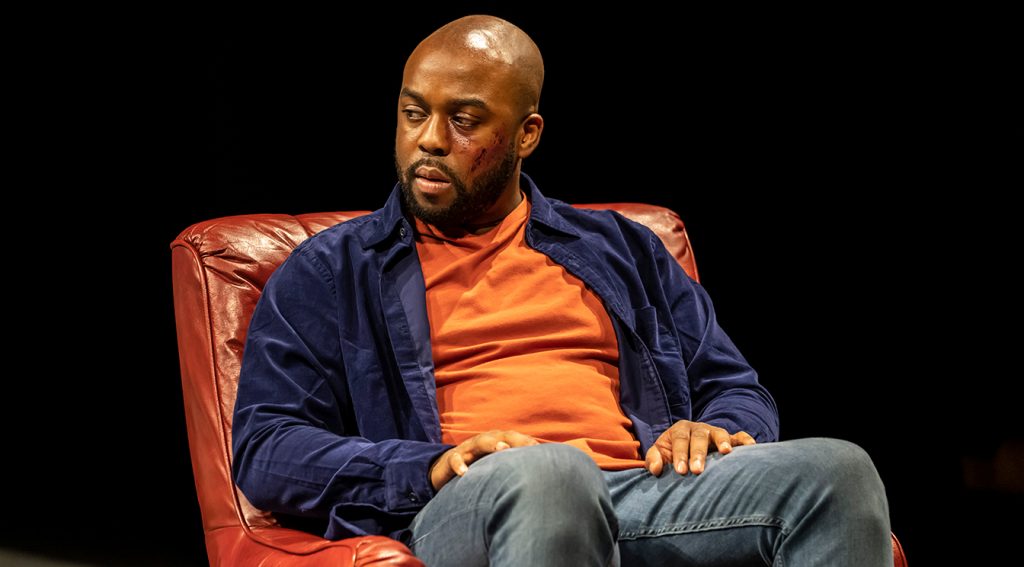Nothing written by Lynn Nottage should be missed. Director Lynette Linton’s revival of the playwright’s 2003 piece, last seen at the Park Theatre, is splendid. This story of a seamstress at the turn of the 20th century is well constructed, dramatically engaging, full of poetry and contains great insight. And what a heroine! Esther’s hard work, good heart and bad luck all prove compelling as she looks to better herself and find love. While the show is more than a romance, it is easy to fall in love with her.
The lead role is a triumph for Emmy award-winner Samira Wiley. Barely off the stage, she holds the audience’s attention with ease, although the role could be played with more restraint. There’s a balance between Esther’s determination to fulfil her dreams and her disbelief when some of them appear to be coming true that Wiley doesn’t quite pin down. But the emotion displayed is sincere and always moving.
While Esther overly dominates the play, there is excellent support from three women who are her friends, played by Nicola Hughes, Claudia Jolly and Faith Omole. These accomplished performers share Nottage’s skill in making their roles more than foils. There’s a case for claiming that Intimate Apparel is a play about female friendship.

Kadiff Kirwan is George, whose epistolary romance with Esther very results in their marriage. His wonderful letters convince – until their nuptial night. The cloth merchant Mr Marks is a tougher role for Alex Waldmann. The chemistry with Wiley is good, but there’s not enough conflict surrounding this potential romance. And Waldmann should display the material he sells (and praises so beautifully) with more care.
A long-term collaborator of Nottage, Linton is a justifiably confident director. Which makes some fussy touches in the show’s design (by Alex Berry) a surprise. The video work feels unnecessary. But the production’s intensity is a marvel – full of frustration, passion and drama. It’s sexy, too, with innuendos about fabric and Esther’s fantasies given weight. The humour shines out and there are gasps over plot points. None of this is surprising, given the strength of the script, but it’s a still an achievement and a theatrical thrill.
Until 9 August 2025
Photos by Helen Murray



